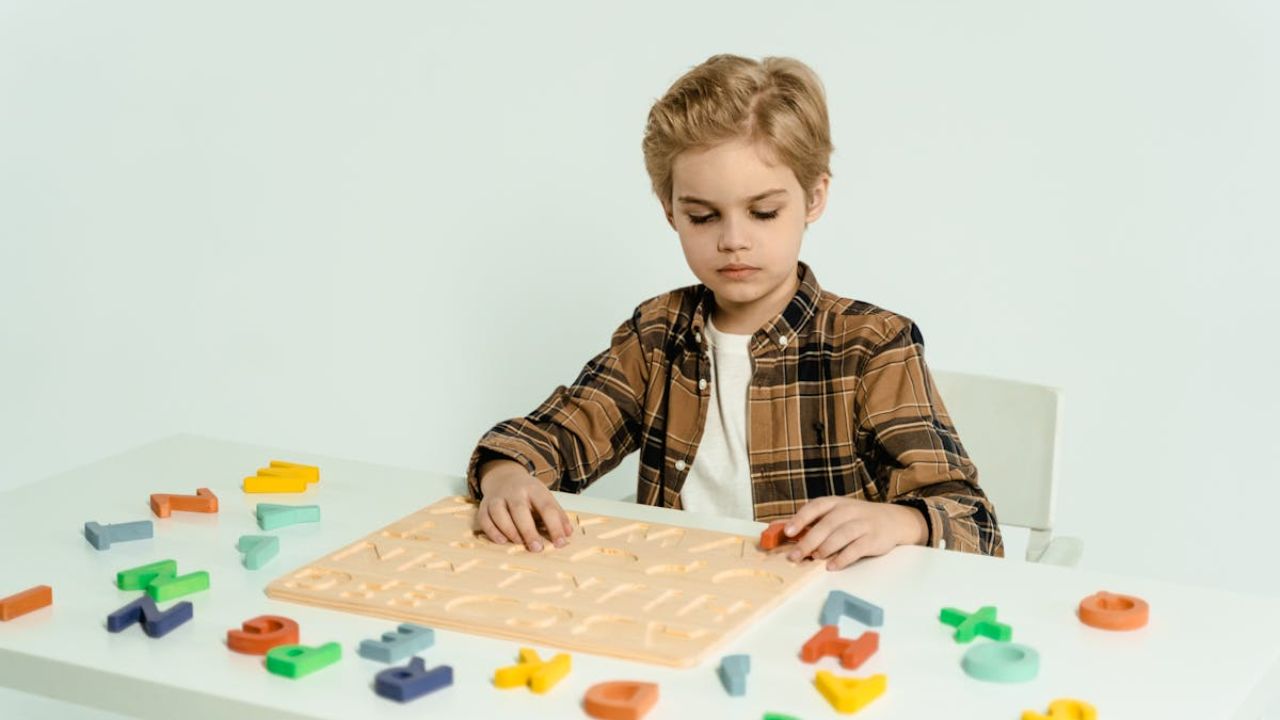Unlocking the Mystery of Drudgery: 7 Little Words Game Puzzle
Puzzles offer a delightful way to challenge the brain, and among these, 7 Little Words stands out as a popular choice for word game enthusiasts. In this article, we will dive deep into the drudgery 7 Little Words puzzle clue, exploring its meaning, strategies for solving it, and tips for mastering the game. If you’ve stumbled across this tricky word or are looking to enhance your puzzle-solving skills, this guide has you covered.
What Is Drudgery in 7 Little Words?
7 Little Words is a unique puzzle game that challenges players to match short definitions with words split into two- or three-letter segments. The word “drudgery” is often one of these words, appearing as a clue for “tedious or hard work.” Unlike conventional crossword puzzles, this game requires players to think creatively, breaking down and assembling word fragments to arrive at a solution.
For “drudgery,” players typically need to connect the clues to synonyms like toil, grind, or tedious labor. Understanding the context of the clue is essential to piecing together this word.
Understanding the Concept of Drudgery
In everyday language, drudgery refers to monotonous, repetitive, or tiresome work that requires effort but offers little satisfaction. Whether in a work setting or daily chores, drudgery embodies tasks that are mentally or physically taxing.
In the context of 7 Little Words, “drudgery” serves as both a linguistic challenge and an exercise in lateral thinking, pushing players to consider how fragments like “DRU,” “GER,” and “Y” could form a meaningful solution.
How to Solve Drudgery in 7 Little Words
If you encounter “drudgery” as a clue in the game, follow these steps to unravel the answer effectively:
1. Break Down the Clue
Start by analyzing the definition provided in the puzzle. Clues like “tedious work” or “monotonous tasks” often point directly to the word drudgery. Familiarity with synonyms can make this step easier.
2. Recognize the Letter Segments
7 Little Words presents fragmented letters that players need to assemble. For example, segments like “DRU,” “DGE,” “RY” or similar combinations could form the word drudgery.
3. Use the Elimination Method
Discard segments that clearly don’t fit the structure of “drudgery.” Focus only on pieces that can logically align.
4. Consider Synonyms
If you’re stuck, think about alternative words with similar meanings, such as toil, labor, or grind. These can guide you toward assembling the final answer.
Tips and Tricks for Mastering 7 Little Words
Expand Your Vocabulary
The more words you know, the better you’ll perform in this game. Building a robust vocabulary can significantly enhance your ability to match clues with fragmented letters.
Practice Regularly
Consistency is key to improving in puzzles. Solving at least one game daily can sharpen your skills and make even challenging words like “drudgery” easier to decode.
Pay Attention to Word Length
Each word in 7 Little Words has a specific number of letters. Use this as a guide to rule out fragments that don’t fit.
Learn Common Fragments
Some letter combinations, like “DRU” or “GER,” appear frequently in the game. Recognizing these patterns can save time when assembling words.
Use Hints Sparingly
While hints can help in tough spots, over-relying on them reduces the challenge and fun of the game. Save hints for particularly difficult clues, such as uncommon words or phrases.
Why Puzzles Like 7 Little Words Are Beneficial
Engaging in word puzzles like 7 Little Words is more than just a pastime. Research has shown that these activities improve cognitive function, memory, and problem-solving skills. Tackling challenging clues such as “drudgery” can also boost lateral thinking and enhance vocabulary.
Additionally, puzzles serve as a stress reliever, offering a focused activity that takes your mind off daily worries. The blend of relaxation and mental stimulation makes games like 7 Little Words an excellent addition to your routine.
Conclusion
The drudgery 7 Little Words puzzle clue offers a rewarding challenge for players who enjoy unraveling complex word meanings. By combining problem-solving strategies with an expanded vocabulary, you can tackle even the trickiest puzzles. Beyond its gameplay, 7 Little Words provides a wealth of cognitive and recreational benefits, making it a must-try for any word lover.
Whether you’re a seasoned solver or new to the world of puzzles, the satisfaction of decoding clues like “drudgery” is unparalleled. So, grab your game, hone your skills, and enjoy the journey of discovery that this incredible word game offers!
Frequently Asked Questions
What does drudgery mean in the context of 7 Little Words?
In 7 Little Words, drudgery often refers to a clue meaning “tedious or monotonous work.” Players must assemble letter fragments to form this word.
How can I improve my skills in 7 Little Words?
Practice regularly, expand your vocabulary, and familiarize yourself with common word fragments used in the game.
Are there strategies for solving tough clues like drudgery?
Yes! Focus on the meaning of the clue, break down the letter segments, and use elimination to narrow down possibilities.
Why is 7 Little Words a popular puzzle game?
Its unique format, combining word definitions with fragmented letters, makes it engaging and mentally stimulating for players of all ages.
Can solving puzzles like 7 Little Words improve cognitive skills?
Absolutely! Word puzzles enhance memory, problem-solving abilities, and vocabulary, making them a great exercise for the brain.
Are there other games similar to 7 Little Words?
Yes, games like Crossword Puzzles, Scrabble, and Wordscapes offer similar challenges and benefits for word game enthusiasts.








One Comment